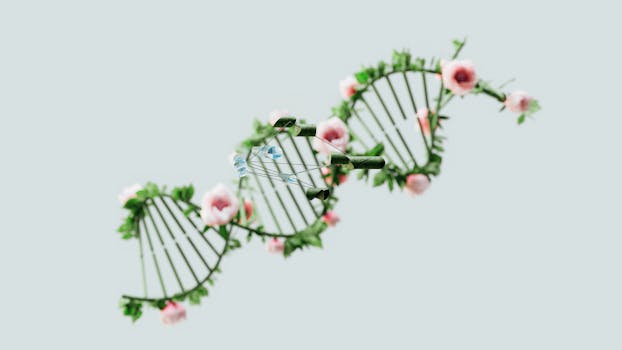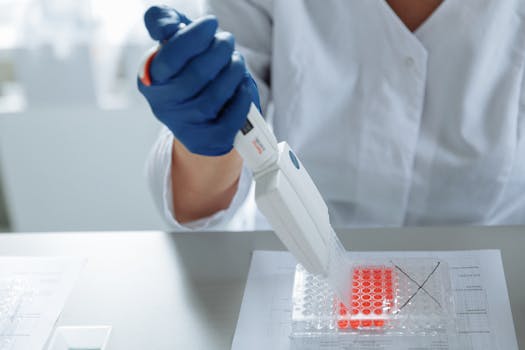
The Role of Genetics in Human Health and Disease
The Role of Genetics in Human Health and Disease

Genetics play a crucial role in human health and disease, influencing our susceptibility to certain conditions and treatment outcomes. The study of genetics has led to a greater understanding of the complex interactions between genes, environment, and lifestyle, and has paved the way for the development of personalized medicine. In this article, we will explore the role of genetics in human health and disease, and discuss the latest advancements in the field.
Introduction to Genetics

Genetics is the study of heredity, genes, and variation. It involves the examination of the structure and function of genes, as well as the transmission of traits from one generation to the next. The human genome is made up of more than 20,000 genes, which are contained within 23 pairs of chromosomes. Each gene carries a specific set of instructions that determine our characteristics, such as eye color, hair color, and height.
Genetic Disorders

Genetic disorders occur when there is a mutation or alteration in one or more genes. This can result in a range of conditions, from mild to severe. Some common genetic disorders include cystic fibrosis, sickle cell anemia, and Down syndrome. Genetic disorders can be inherited from one or both parents, or can occur spontaneously due to environmental factors or errors during DNA replication.
Genetic Predisposition

Genetic predisposition refers to the increased likelihood of developing a particular condition or disease due to genetic factors. For example, individuals with a family history of heart disease may be more likely to develop the condition themselves. Genetic predisposition can also influence an individual’s response to certain treatments or medications.
Epigenetics and Gene Expression

Epigenetics is the study of gene expression and how it is influenced by environmental and lifestyle factors. Gene expression refers to the process by which the instructions in our genes are converted into proteins, which carry out a range of functions in the body. Epigenetic changes can occur due to factors such as diet, stress, and exposure to toxins, and can have a significant impact on our health and disease susceptibility.
Personalized Medicine

Personalized medicine involves the use of genetic information to tailor treatment approaches to an individual’s specific needs. This can involve the use of genetic testing to identify genetic mutations or variations that may influence treatment outcomes. Personalized medicine has the potential to revolutionize the field of healthcare, enabling healthcare professionals to provide more effective and targeted treatment approaches.
Conclusion

In conclusion, genetics play a vital role in human health and disease, influencing our susceptibility to certain conditions and treatment outcomes. The study of genetics has led to a greater understanding of the complex interactions between genes, environment, and lifestyle, and has paved the way for the development of personalized medicine. As our understanding of genetics continues to evolve, we can expect to see significant advancements in the field of healthcare, and improved health outcomes for individuals around the world.



